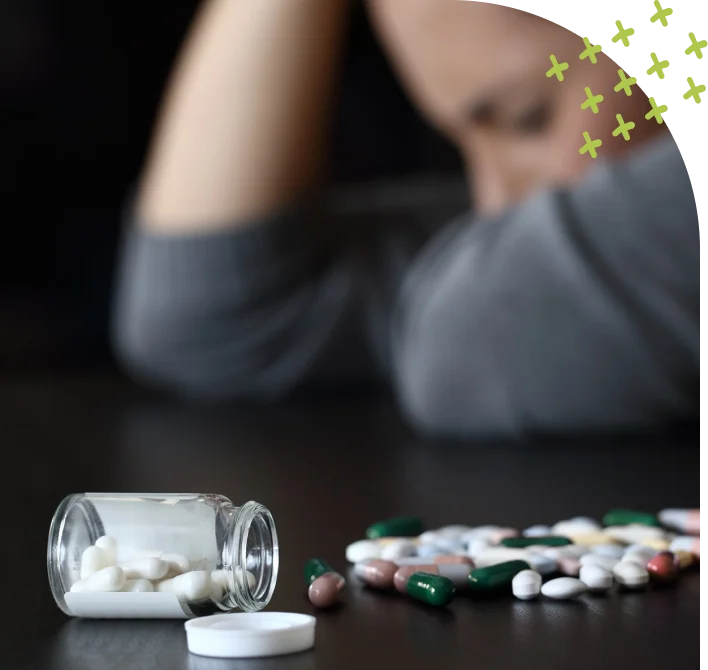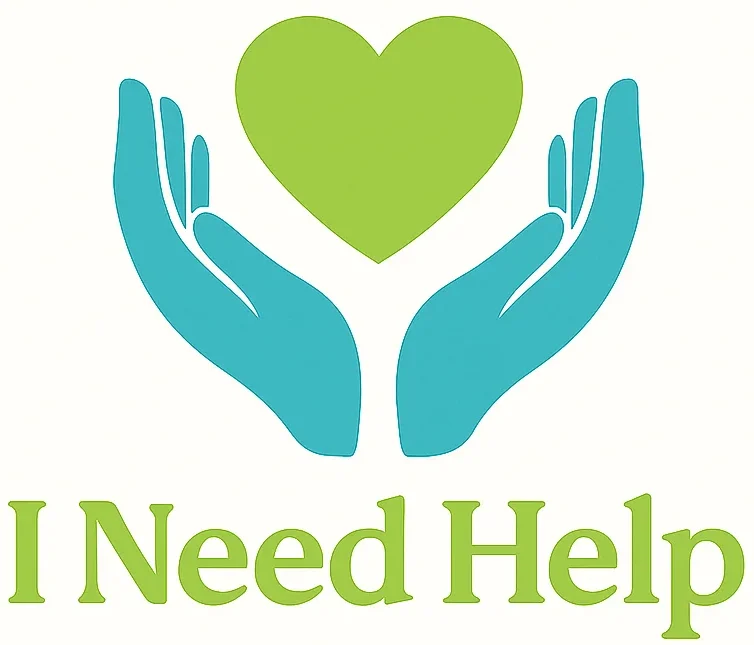Addiction & Substance Use

Addiction & Substance Use
Understanding Addiction
Addiction is a complex condition where a person compulsively uses substances despite harmful consequences. It is not simply a matter of willpower or poor choices — it’s a brain-based disorder that affects behaviour, judgment, and control.
In South Africa, substance use is a growing public health concern. Factors like poverty, unemployment, trauma, and lack of access to mental health support contribute significantly to the rise in addiction — particularly among young people.
Common substances of addiction in South Africa:
– Alcohol
– Cannabis (dagga)
– Heroin (often mixed with nyaope)
– Methamphetamine (tik)
– Prescription medication (e.g., opioids, sleeping pills)
– Cocaine
– Inhalants (glue, petrol)
Behavioural addictions — such as gambling, sex addiction, or internet dependency — also exist and have similar psychological impacts.
How Addiction Develops
1. Initiation – Often begins with experimentation or social use.
2. Regular Use – Substance becomes a frequent coping mechanism.
3. Risky Use – Use starts interfering with health, work, or relationships.
4. Dependence – Tolerance builds; more is needed to feel the same effect.
5. Addiction – Loss of control; continued use despite severe harm.
Addiction affects the brain’s reward system. Substances hijack neurotransmitters like dopamine, creating intense pleasure. Over time, natural rewards (like food, relationships, success) lose impact, and the person relies on the substance just to feel “normal.”
Signs of Substance Addiction
– Loss of control over use
– Cravings or obsessive thoughts about the substance
– Withdrawal symptoms when trying to stop
– Neglecting responsibilities (work, school, family)
– Using in dangerous situations (e.g., driving while intoxicated)
– Continued use despite financial, legal, or health problems
– Isolation or secretive behaviour
The Impact on Mental Health
Addiction often co-occurs with:
– Depression
– Anxiety
– Trauma-related disorders (PTSD)
– Suicidal thoughts
This is known as a dual diagnosis. For example, someone may use alcohol to numb emotional pain from childhood trauma — but over time, the alcohol worsens their mental state, leading to a cycle of dependency and despair.
Addiction in South Africa: A Closer Look
1. Youth at Risk
– High school learners are increasingly exposed to alcohol and drugs.
– Peer pressure, social media, and lack of after-school activities contribute.
– “Whoonga” (heroin mixed with ARVs) has devastated some townships.
2. Gender and Stigma
– Women face more judgment when struggling with addiction, especially mothers.
– This often delays them seeking help, fearing shame or losing custody.
3. Economic Consequences
– Addiction leads to job loss, family breakdown, and increased crime.
– The cost to the healthcare and justice systems is immense.
4. Cultural Silence
– Addiction is often seen as a moral failing.
– Families may hide the issue instead of addressing it.
How to Support Recovery
1. Medical Detox
– Safely removing the substance from the body, often under supervision.
– Especially important for alcohol, heroin, and benzodiazepine withdrawal.
2. Rehabilitation
– Inpatient or outpatient programmes.
– Includes therapy, support groups, skills training, and relapse prevention.
– Available through public (e.g., SANCA) and private facilities.
3. Counselling and Therapy
– One-on-one or group therapy addresses underlying issues.
– CBT, trauma therapy, and motivational interviewing are effective.
4. Support Groups
– Alcoholics Anonymous (AA), Narcotics Anonymous (NA), and Smart Recovery offer peer support.
– Meetings are available in many SA cities and towns.
5. Medication-Assisted Treatment
– Methadone or Suboxone for opioid addiction.
– Antabuse or Naltrexone for alcohol dependency.
6. Relapse Prevention
– Recognising triggers (stress, loneliness, certain environments).
– Building coping tools and support systems.
7. Family Involvement
– Addiction affects the entire household.
– Family therapy improves outcomes and breaks the cycle.
8. Alternative Therapies
– Art therapy, journaling, exercise, mindfulness, and spiritual guidance.
– Helps address emotional and psychological healing.
9. Job and Life Skills
– Recovery isn’t just sobriety — it’s rebuilding a life.
– Programmes that help people find work, housing, and purpose are essential.
10. Aftercare
– Continued support after rehab is vital.
– Regular check-ins, sober living communities, and accountability help prevent relapse.
Overcoming Shame and Stigma
Many people avoid treatment due to shame. They believe they are “bad” or “weak.” But addiction is not a moral failing — it is a health condition. Public education and honest conversations can change how society views people in recovery.
Faith-based communities, social workers, and traditional leaders can play a powerful role in reducing stigma and encouraging treatment.
Prevention is Key
– Early intervention in schools
– Parenting education and support
– After-school activities and mentorship
– Trauma-informed care from a young age
Preventing addiction means building communities where people feel connected, supported, and hopeful.
Conclusion
Recovery is possible. People do change. With compassion, support, and the right resources, anyone can heal from addiction and rebuild their life. No one is beyond help.
Real-Life Stories
Thando, 34 – Johannesburg
“I started using meth to stay awake at work. It gave me energy — until I couldn’t sleep for days. My life spiraled. I lost my job, my apartment, my friends. I checked into rehab after my sister gave me an ultimatum. I’ve been clean for 3 years now. I run a support group in my area.”
Zanele, 27 – Durban
“I was addicted to sleeping pills. It started with stress, then I couldn’t go a night without them. I hated myself for it. A counsellor told me addiction wasn’t about weakness — it was about pain. That changed everything. I did outpatient treatment, and I’ve rebuilt my life.”
Musa, 22 – Tembisa
“Nyaope nearly killed me. I lost 10kgs, stole from my family, and ended up on the street. SANCA took me in. It was the hardest thing I’ve ever done — but now I help other young guys avoid the same path.”
Mental Health Resource Guide
